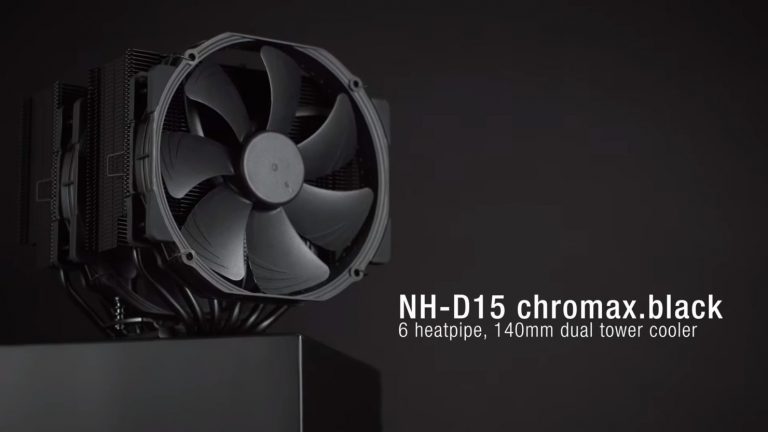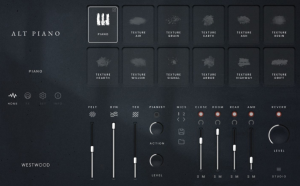Acquired Alt Piano recently, a really nice sounding piano instrument for composing and that also has altered piano sounds (thus its name).
https://www.westwoodinstruments.com/instruments/altpiano/
Insomnia over the i-V-i Chord Progression
Up at 3am, my mind is trying to solve a riddle.
In the key of B minor (D major), the chord progression Bm-F#-Bm (i-V-i) works really well, when one would expect i-v-i given a minor key (B minor). I came across this chord progression (i-V-i) in a tune from Edward Grieg that I am borrowing from for a composition I worked on recently. Why does the F# Major chord work when one expects an F# minor chord, given we are in the key of B minor? It is because in a major key, e.g. C Major, the V chord (GBD) has its triadic 3rd (B) a half step away from resolving to the key’s root (C). But in a minor key the v chord has its third a whole step away from resolving to the key’s root– too much dissonance; so composers often change the v of a minor key to a V. The v or V chords share a tone with the root chord, but it is that 3rd of the v or V triad that makes all the difference– better for it to be a half step away from the root tone of the key than a whole step (unless one wants dissonance like in horror music, etc)
Riddle solved, now I can go back to bed.
Lonesome Horizon album just released
My new album was just released to streaming music services, including Spotify.
New Album

I have a new album of five tracks being distributed 2/2024. I composed the music with a romantic western film in mind, about a tough cowboy who finds love, chooses a valley to build a homestead, and begins a new life with a woman. Here are 2 tracks: “The Ride”, and “The Valley”.
“Film Sound” Chords: Chromatic Mediants
A widely used technique in film music is the use of chord progressions involving “chromatic mediants”. These are chords that differ by moving up from the root chord to the mediant chord or down from the root to the submediant chord. The mediant or submediant chords so used can be chromatic, where for example a C to E minor change might instead be a C to Eb minor, or C to E sharp major, and so on. Here is a simple video of a chord progression I created in MuseScore to demonstrate how chromatic median chords can sound. This is not a real composition, just a simple series of chords using simple synthesized sounds in MuseScore (when composing music for production I use high quality sampled instrument libraries):
Legendary Low Strings
Acquired ABBEY ROAD ONE Orchestra
Powerful Composing Workstation Build
Just completed building a much more powerful desktop composing workstation. CPU processor upgraded from Ryzen 7 to a Ryzen 9 3900x central processing unit that has 12 cores and 24 threads. RAM memory upgraded from 32 GB to a massive 128 GB to handle all the virtual instruments needed for full and complex orchestral compositions. The cpu cooling fan will be upgraded in a few weeks (item on backorder) to the extremely quiet black Noctua NH-D15 chromax.


